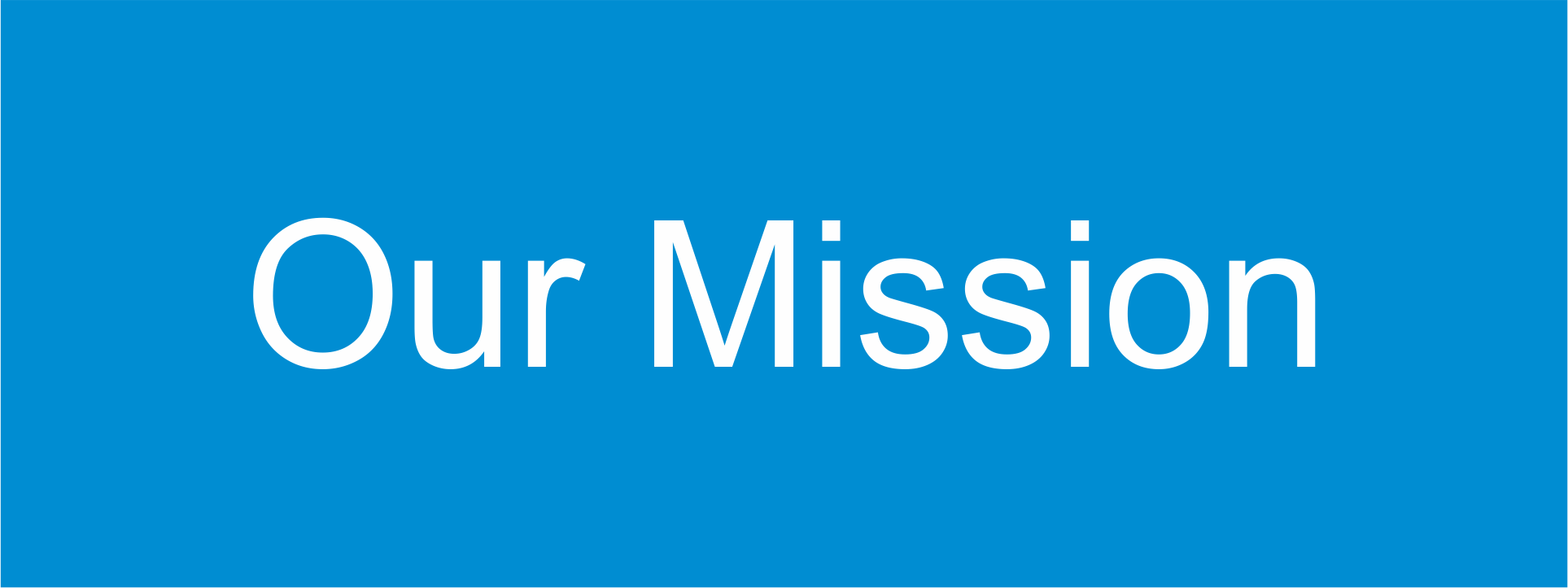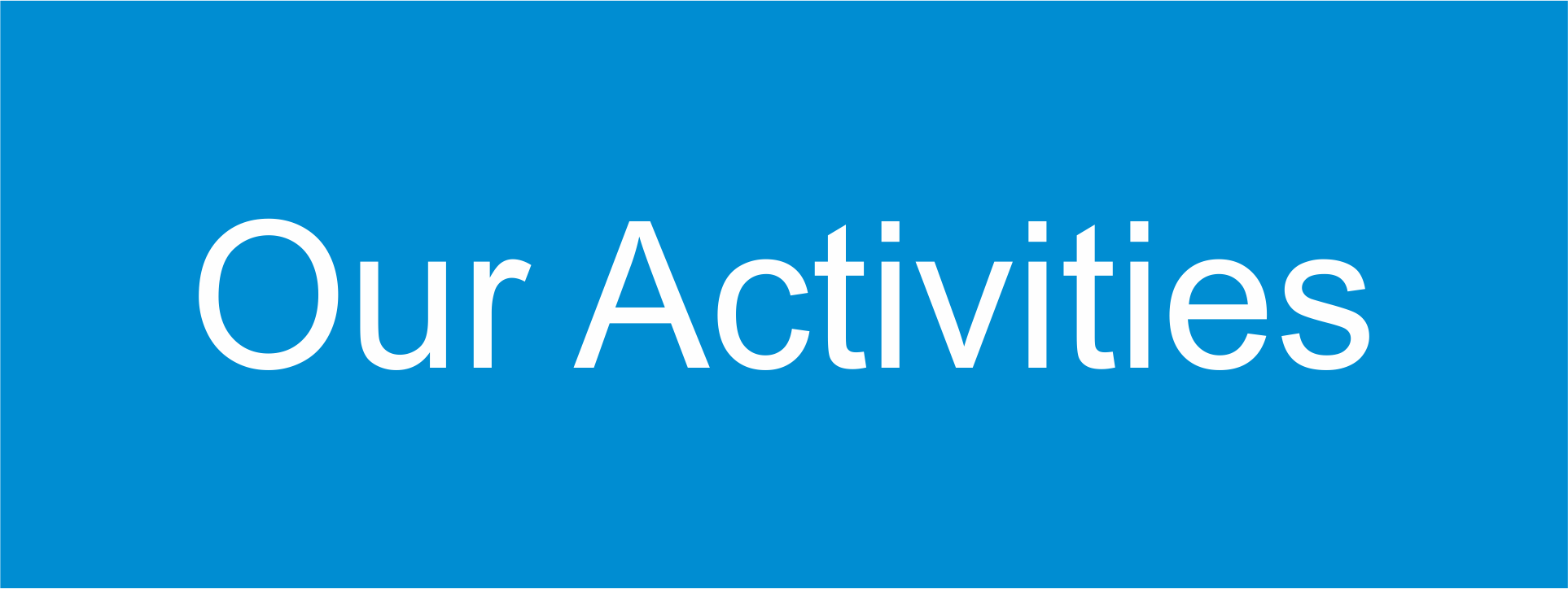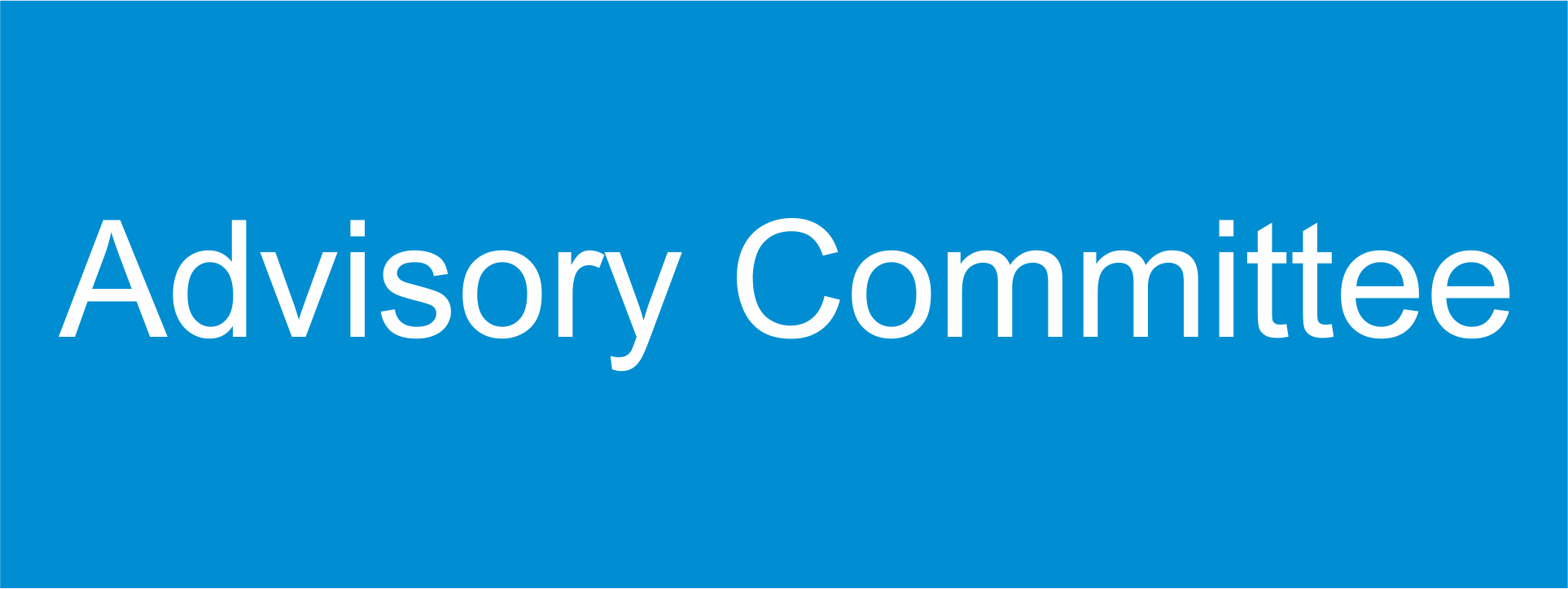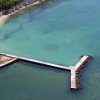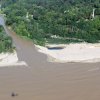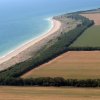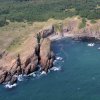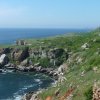Center for Coastal & Marine Studies
Vanishing Sands: Losing Beaches to Mining
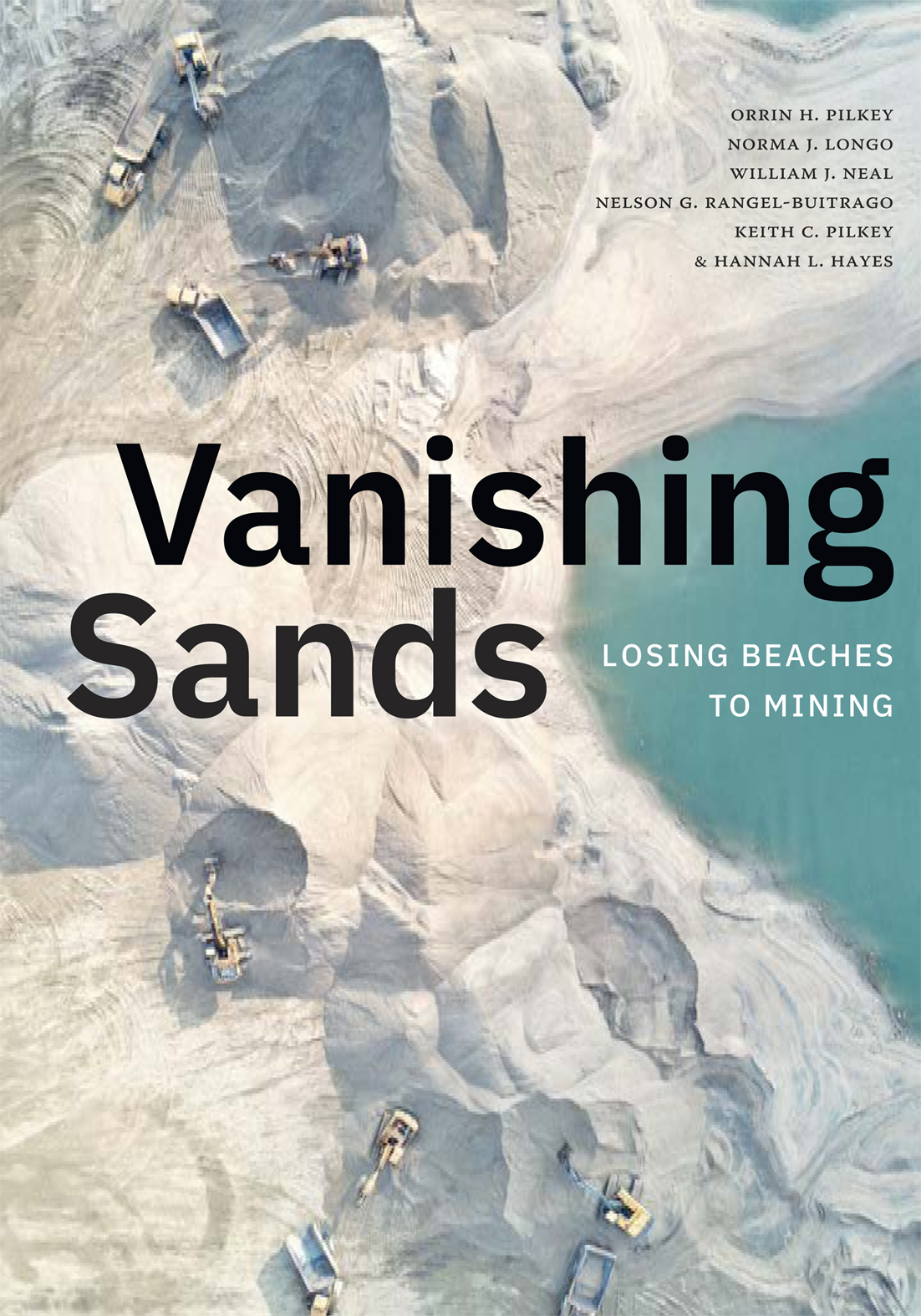
A new book from Duke University Press, “Vanishing Sands: Losing Beaches to Mining,” casts light on the shadowy world of sand mining through case studies that illuminate its disastrous impacts and a concluding chapter that proposes common-sense solutions.
Because of the tradition of viewing beaches as public land, people have historically thought of beach sand as a free and limitless resource, Pilkey and his co-authors explain in their preface to “Vanishing Sands…”
THE MSP-GREEN PROJECT STARTING

The new EU funded MSP-GREEN project (Maritime Spatial Planning as enabler of the European Green Deal) was officially kick-offed on 07 December 2022 at a virtual event. The project has received funding by the European Maritime, Fisheries and Aquaculture Fund (EMFAF), Grant Agreement: 101081314 — MSP-GREEN — EMFAF-2021-PIA-MSP and has the duration of 24 months (1 November 2022 – 31 October 2024).

The MSP-GREEN is coordinated by CORILA (Consortium for Coordination of Research Activities of the Venice Lagoon), Italy. Other partners are: University of Venice (IUAV), Italy; National Research Council (CNR), Italy; Spanish National Research Council (SCIC), Spain; CEREMA (Centre for Studies and Expertise on Risks, the Environment, Mobility and Urban Planning), France; Regional Council of Southwest Finland (FI RCSW;) Center for Coastal and Marine Studies (CCMS), Bulgaria; Ministry of Environmental Protection and Regional Development of the Republic of Latvia (MoEPRD); University of Western Brittany (UBO), France; IFREMER (French Research Institute for Exploitation of the Sea), France; VASAB (Vision and Strategies around the Baltic Sea); Federal Maritime and Hydrographic Agency (BSH), Germany.
MSP4BIO PROJECT WEBSITE LAUNCHED!
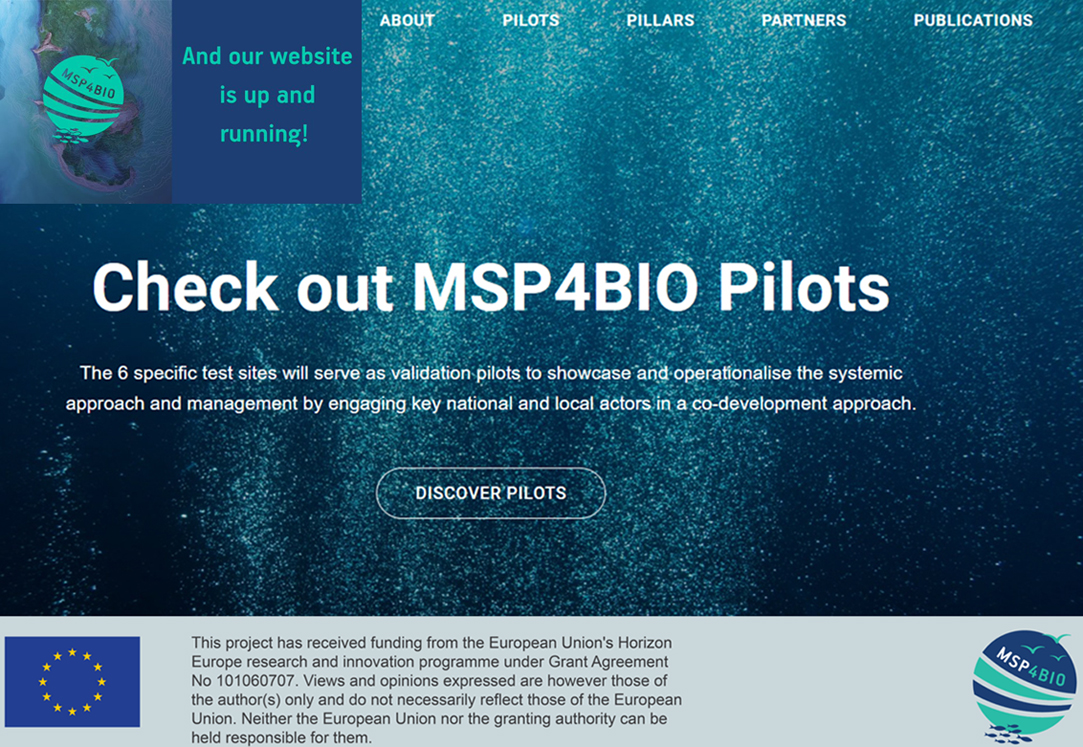
We are happy to announce that the MSP4BIO Project website (https://msp4bio.eu/) has been already launched. Please check out MSP4BIO website and introduce with project activities, pilots, publications, etc.
MSP4BIO Twitter account @MSP4BIO_project (https://twitter.com/MSP4BIO_Project) is also active! You can follow, share and tag it MSP4BIO project activities and results.
THIRD INTERNATIONAL CONFERENCE ON MARINE/MARITIME SPATIAL PLANNING, 22 -23 NOVEMBER 2022, BARCELONA, SPAIN
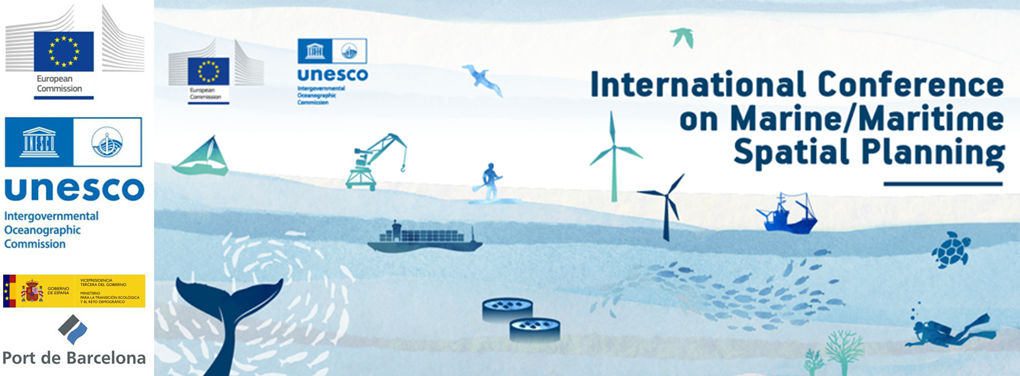
CCMS attended the 3rd International Conference on Marine/Maritime Spatial Planning (MSP) held last week in 22-23 November, 2022, in Barcelona, Spain. The event was jointly organized by The Directorate General for Maritime Affairs and Fisheries of the European Commission (DG MARE) and the Intergovernmental Oceanographic Commission of UNESCO (IOC-UNESCO). The third edition of the conference aimed to assess the state-of-the-art implementation of MSP and discuss challenges and opportunities to achieve the MSP roadmap priority areas and target (cover at least 1/3 of the global maritime areas under national jurisdictions with marine spatial plans by 2030).





















